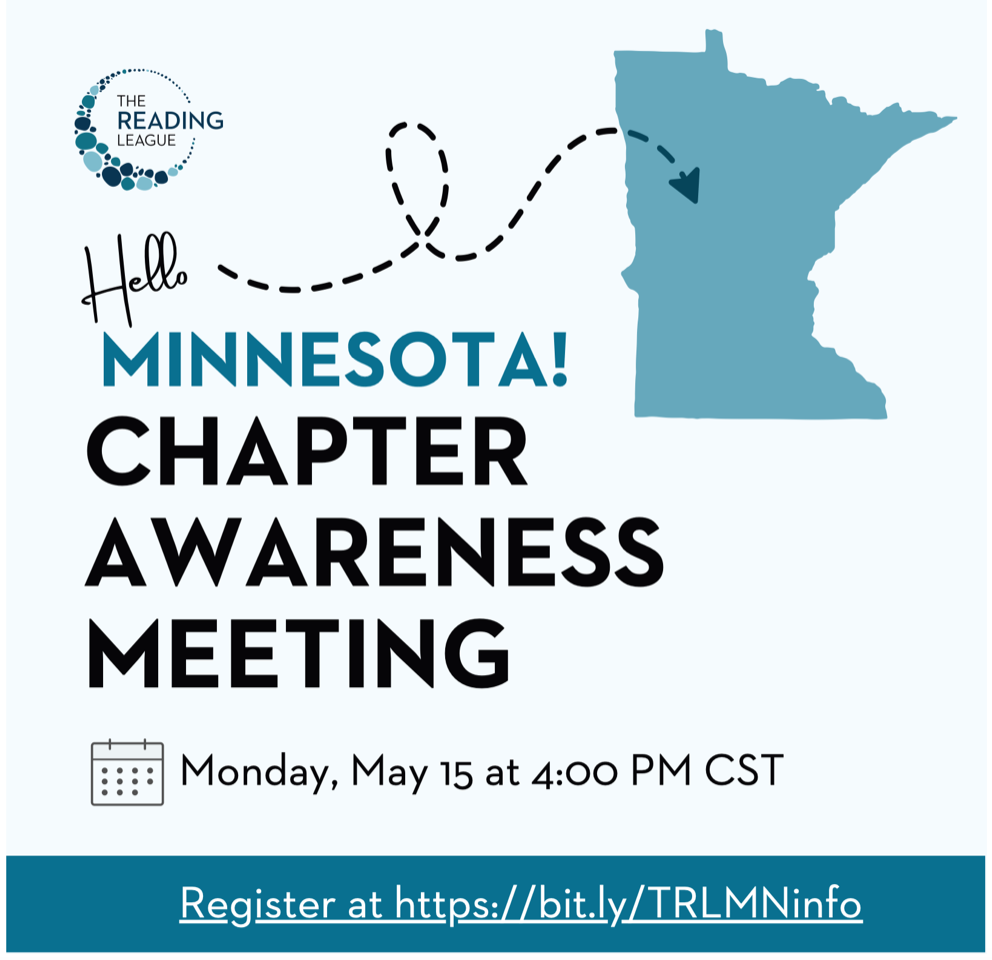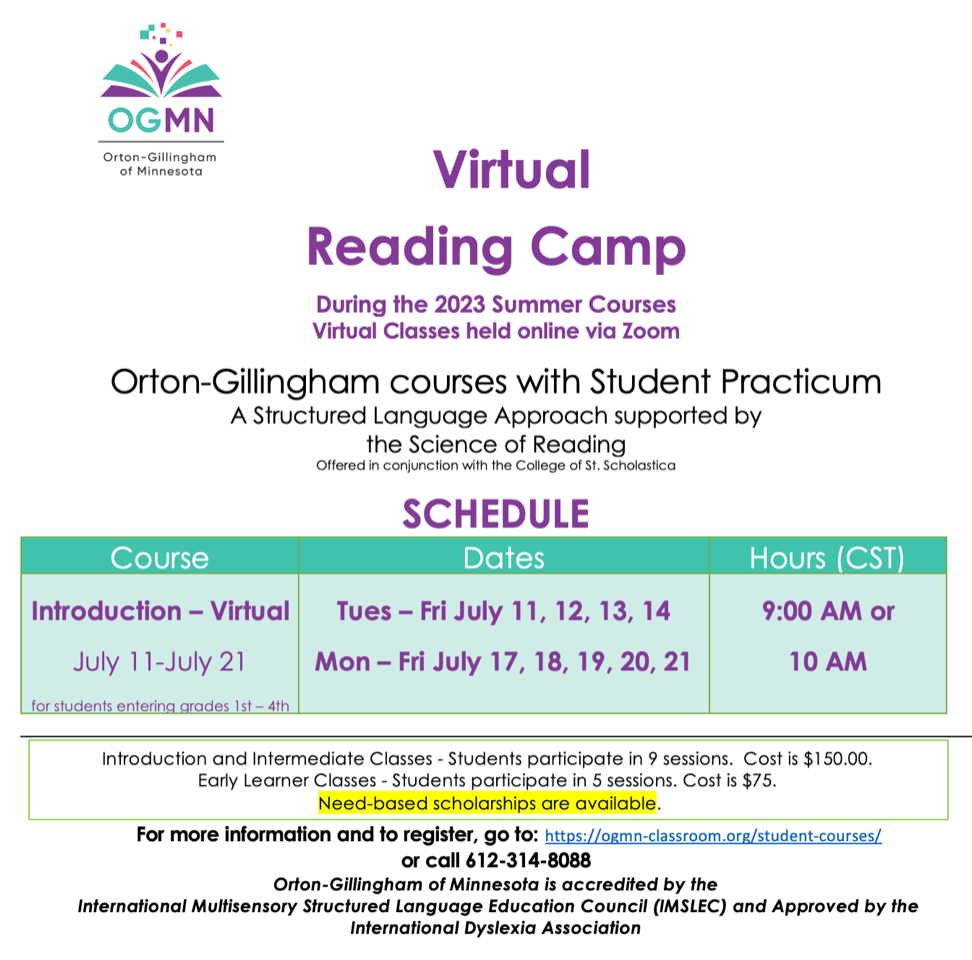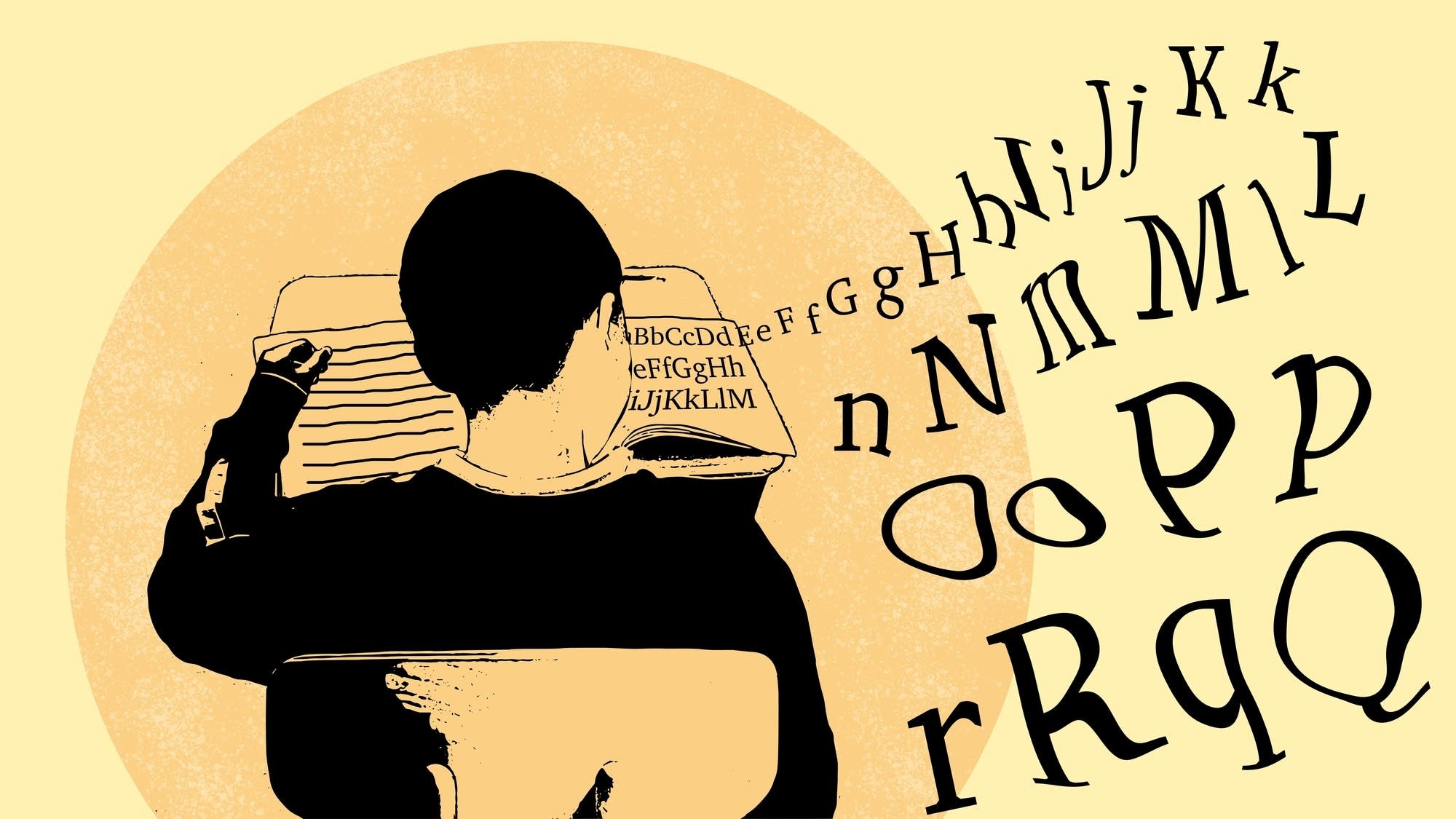As always Dr. Richard Selznick has some important ideas, this time about struggling writers. Here is his recent blog.
Open-Ended writing is usually not difficult for children on the “smooth road,” the ones without the myriad of variables leading to school struggling.
For the “Smooth-Roaders” their sentences are complete and varied in style. There is flow to their written stories generated and logic in their paragraphs.
With open-ended writing, children are given some type of prompt, such as, “write about your favorite trip,” or “write about your weekend.”
It is open-ended, because it can go in any direction. The idea is that the children will tap into their creative selves and be able to express themselves on paper.
However, for those children on the rougher road, the ones with a variety of learning problems, open-ended writing is brutal on many levels.
Here’s an excerpt from a writing sample of an 8-year-old writing about his favorite vacation:
“Uurvl is a ghat pls for a sekal reris. At first jassit park miat besley but the seord time you go it is cool…..Evening no it’s the slisy rias in the park it goes with Dr. serrl! Thes saren is call serrl laanring. Lastly, I’ll talk about the qrslins. Tars go lef and rert and lef and rert and, you get the ideas. There are sehal rrenis why I love going to uurvl.”
Or there was the 9 year old who wrote a story to a picture that he had drawn:
“Once aqha time ther was a boy namd levi he lived in a hog house and it was so mosh fon. and he livel in lll borenrom lahe. And he had loss of frahs and naders. The End.”
In screenings of their cognitive and intellectual capabilities, both of these kids demonstrated at least average cognitive potential.
Neither child was classified or receiving any type of service or official accommodation under a 504 Plan.
When the parents questioned what they should do they were told by the school to “read to your child.” There was also the veiled suggestion of putting the child on medication, “even though we are not doctors.”
For these children, reading to them or medicating them will not accomplish much relative to their fundamental inability to write.
Continuing with any open-ended writing will be particularly problematic, as they have no concept of what a sentence is and their spelling is severely impacting their thought process.For them, the concept of what represents a basic sentence is not something they have been taught or internalized and they are in need of intense, focused remedial instruction,
I usually dwell in metaphors or basic images that help to put things to parents in down-to-earth terms.
The metaphor of taking them back to the shallow end of the pool is fully applicable. They need to spend a lot of time in the shallow end of the pool (writing simple and basic sentences) and then incrementally moving out beyond, one baby step at a time.
Instead of encouraging creativity and “write what you feel,” they need to practice at the most simplistic levels building on a logical sequence of one skill leading to another.
http://shutdownlearner.com/writing-deficits-on-the-rough-road/



